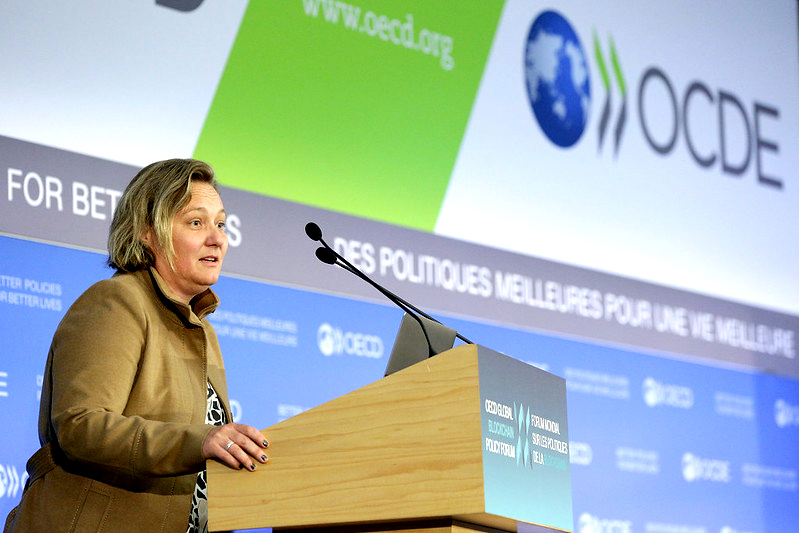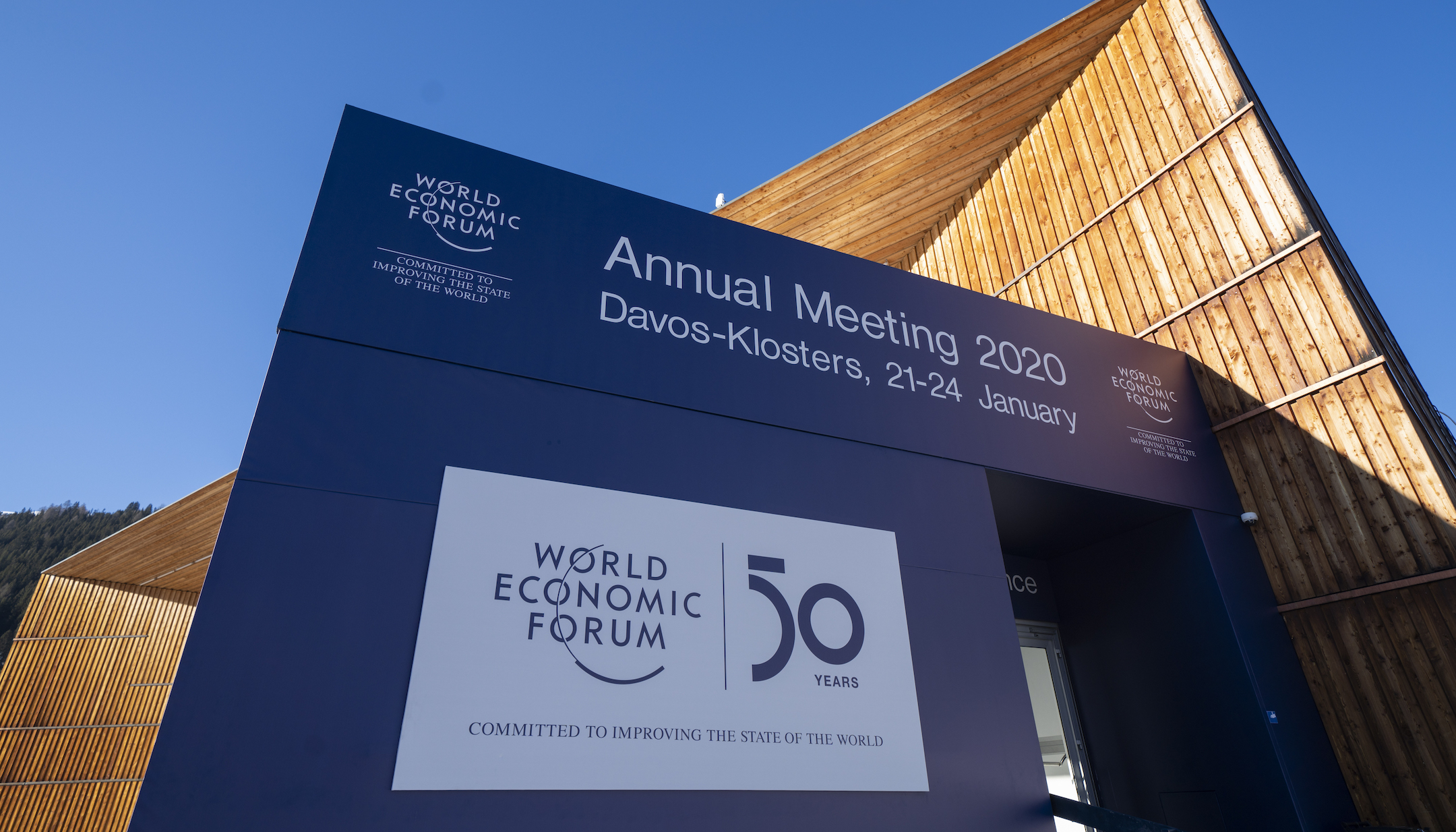In an era of big business and rapidly-advancing technology, it might surprise you to learn that 80-90% of coloured gemstones are mined by small companies or individuals using limited technology. This artisanal, small-scale mining takes place in 80 countries worldwide, on every continent besides Antarctica, forming an important economic sector for the rural poor in many developing nations.
The miners themselves, who often have few alternative routes to an income, are some of the hardest working people you could hope to meet. Unfortunately, their decentralised reliance on the industry means miners’ interests and those of their communities are frequently marginalised, leading to unfair working conditions and trade prices, and poor management of environmental impacts. Female populations in particular, who make up an estimated 30% of small-scale miners, can be at a disadvantage, with lack of access to finance, low ability to independently seek employment, and limited economic security.
The Lake Victoria Region of East Africa is renowned for its rich deposits of minerals and metals. Tanzania, in particular, is blessed with large reserves of diamonds and coloured gemstones that have turned the city of Arusha into a buzzing international trading hub.
Together with Pact (under the Pact Mines to Markets program or PactM2M), as well as ANZA Gems and Nineteen48, an ethical gemstone collaboration was formed – Moyo Gemstones – to support the interests of Tanzanian female miners and their communities.
Under Moyo Gemstones, our partner PactM2M has established a strong relationship with the Tanzanian Women Miners Association (TAWOMA), to verify the legality of mining and trading, and confirm that industry practices are of a responsible and ethical nature. The technological backbone of this partnership is our blockchain solution for coloured gemstones – the Provenance Proof Blockchain we launched with Gübelin Gem Lab.
By allowing the gemstones mined by TAWOMA to be securely traced all the way from miner to market, our solution provides a unique record of where a gemstone has been, how it has been processed, and the legacy it leaves behind (read more on gemstone blockchain). This provides the legitimacy, in many cases for the first time, for these women to enter the market and be perceived as equal to other miners that may have more sophisticated business models. This increased transparency throughout the supply chain in turn empowers the female miners in TAWOMA to work safely, mine better, and improve their financial security.
At Everledger we cannot wait to expand this technology to other communities with similar profiles, to eventually include the entire industry. In the long term, we believe this can create what has long been needed in the gemstone industry: stable, equitable markets for fair trade.
For more information, visit https://moyogems.com/










